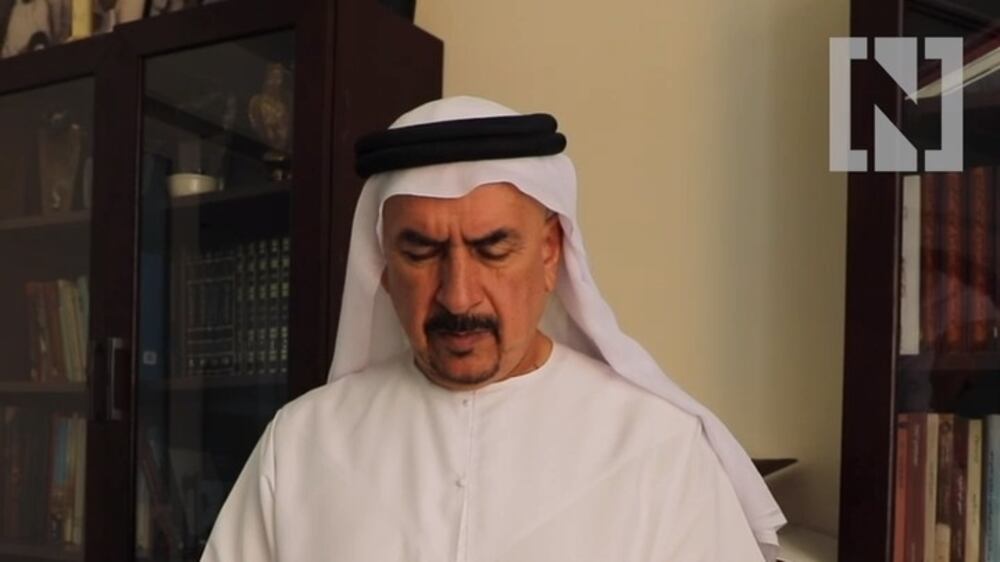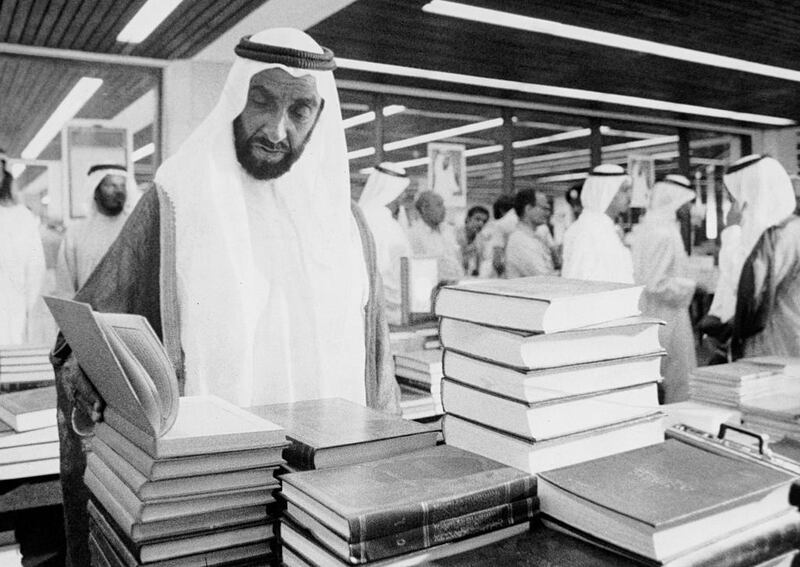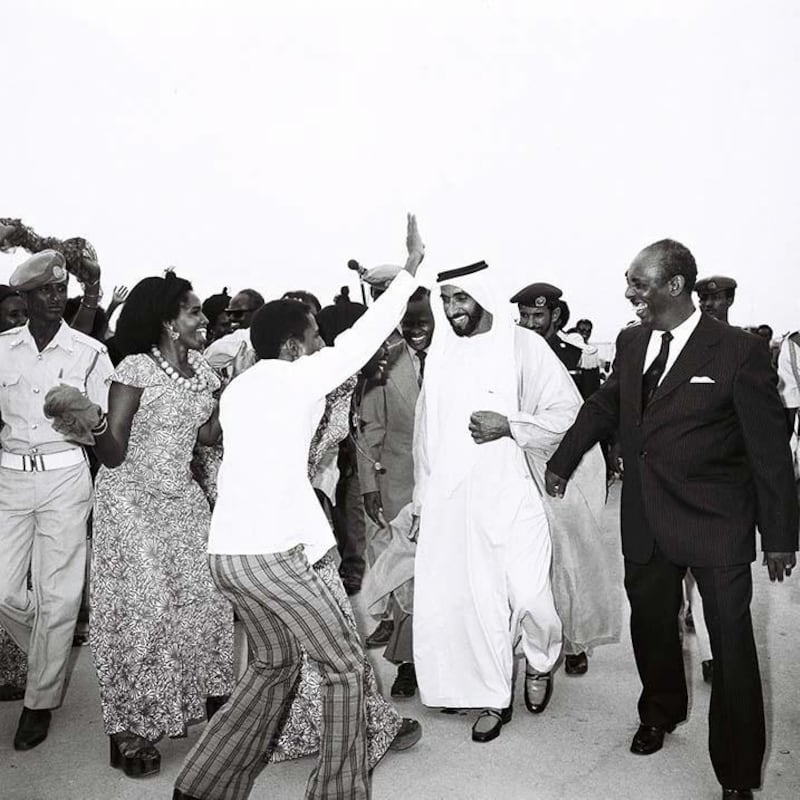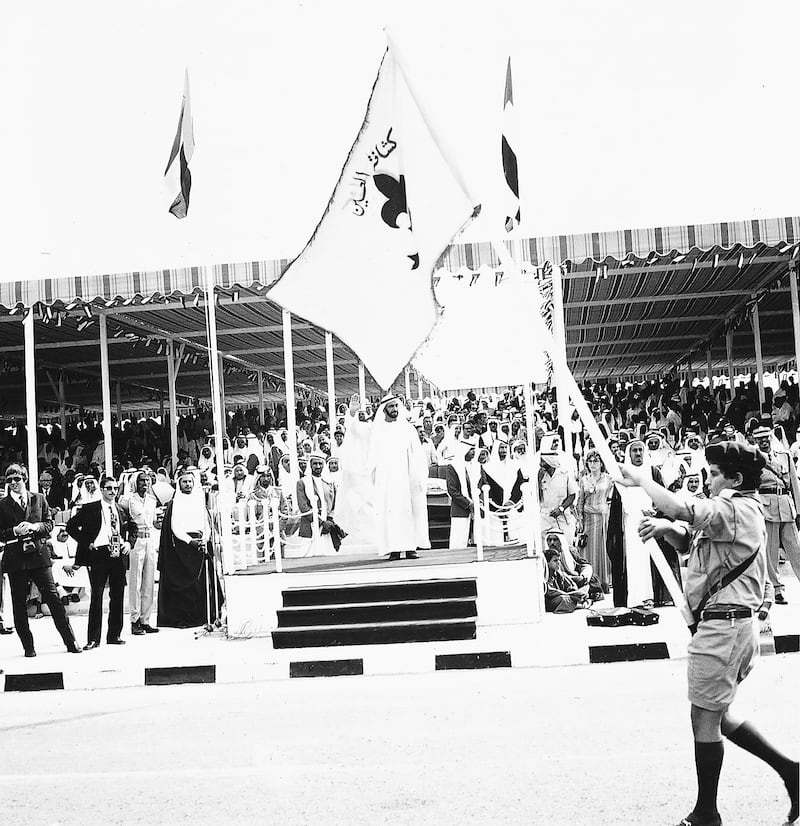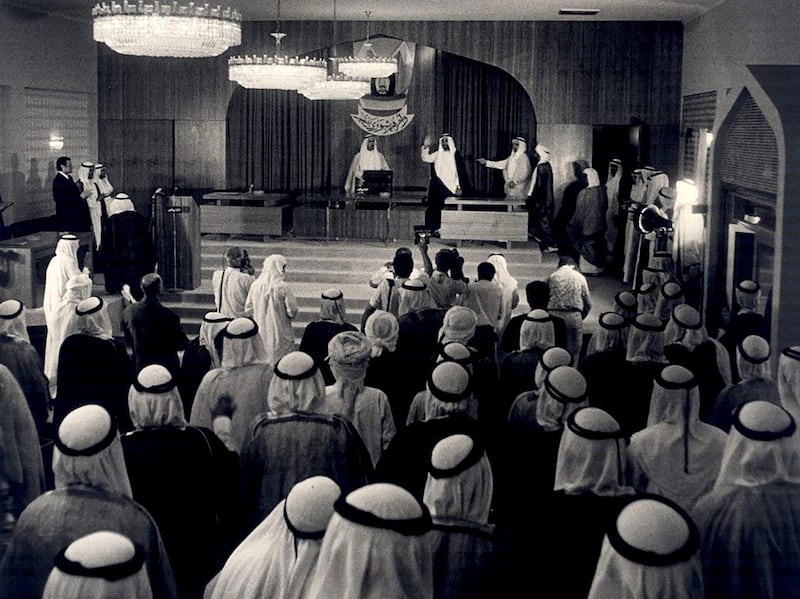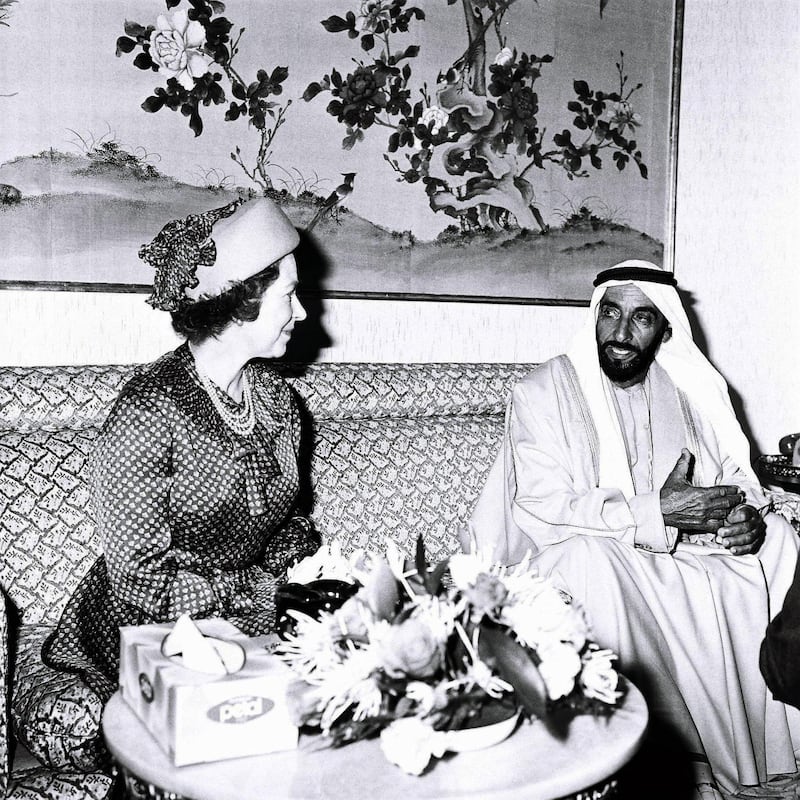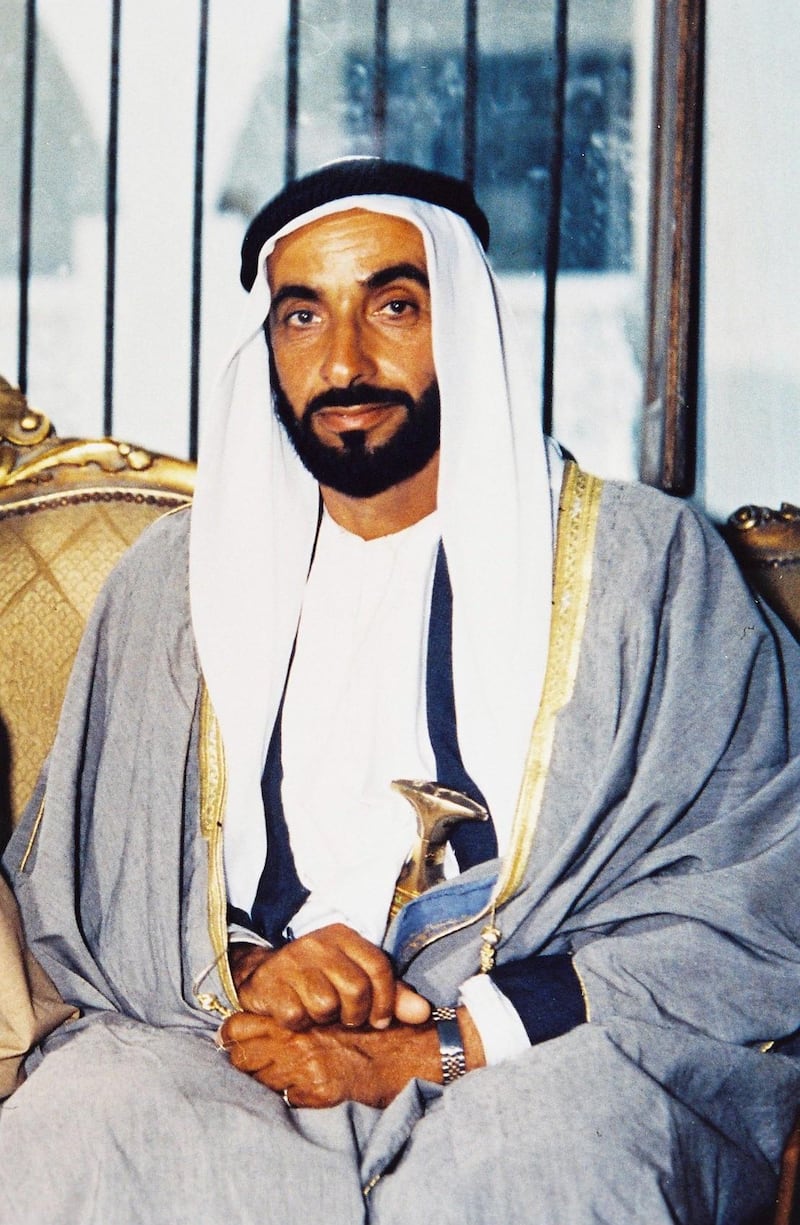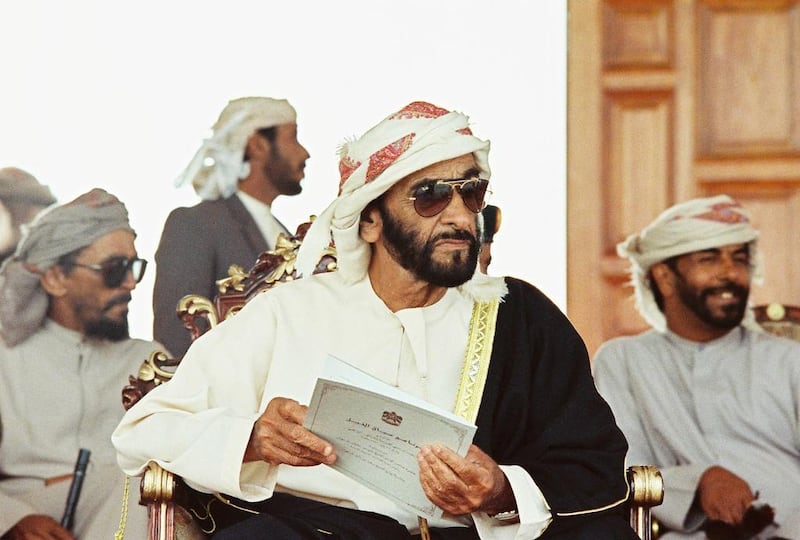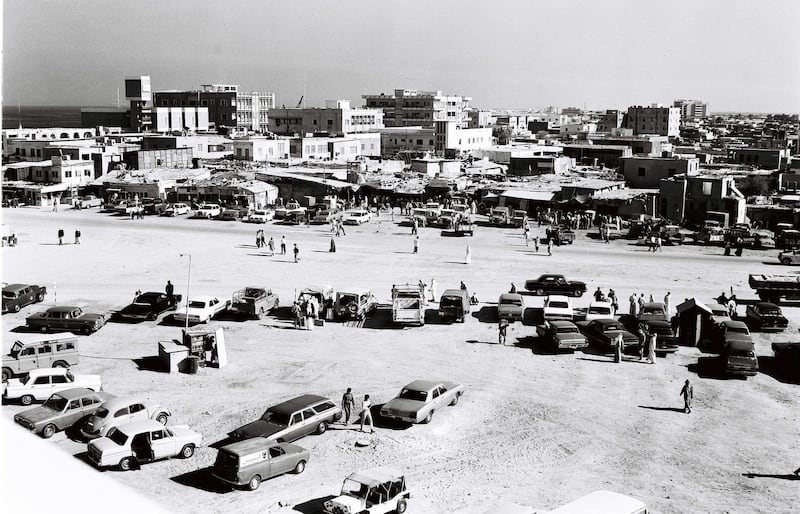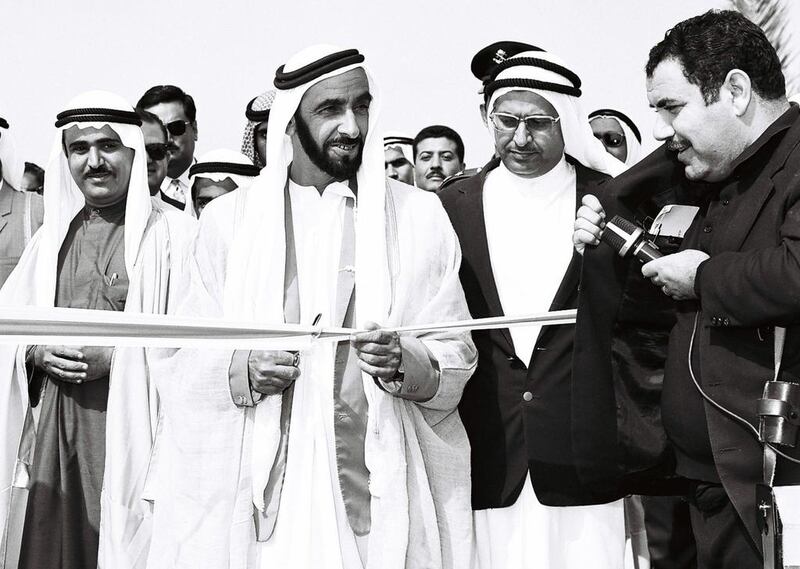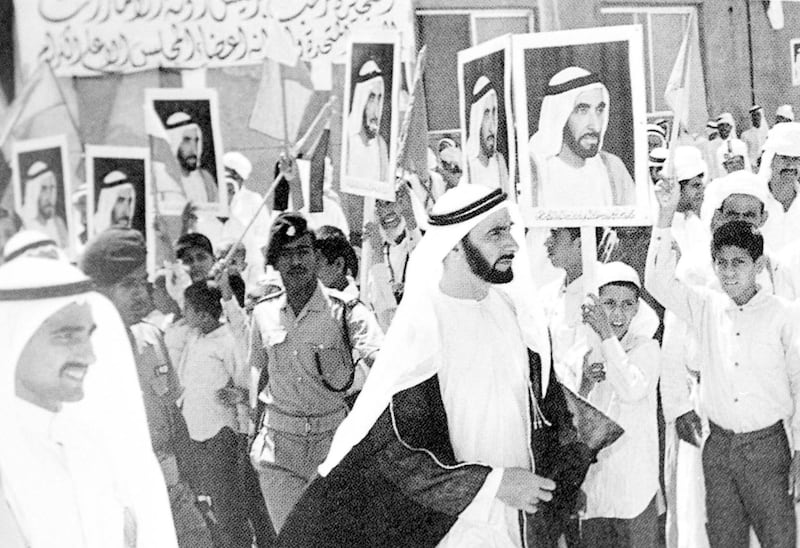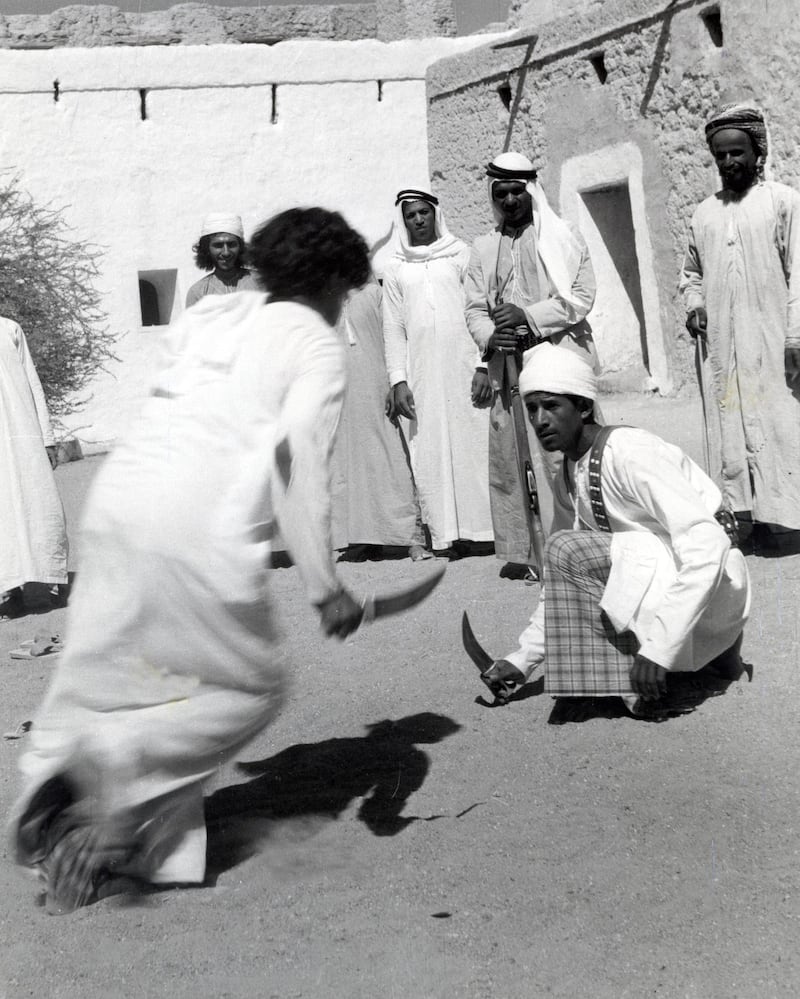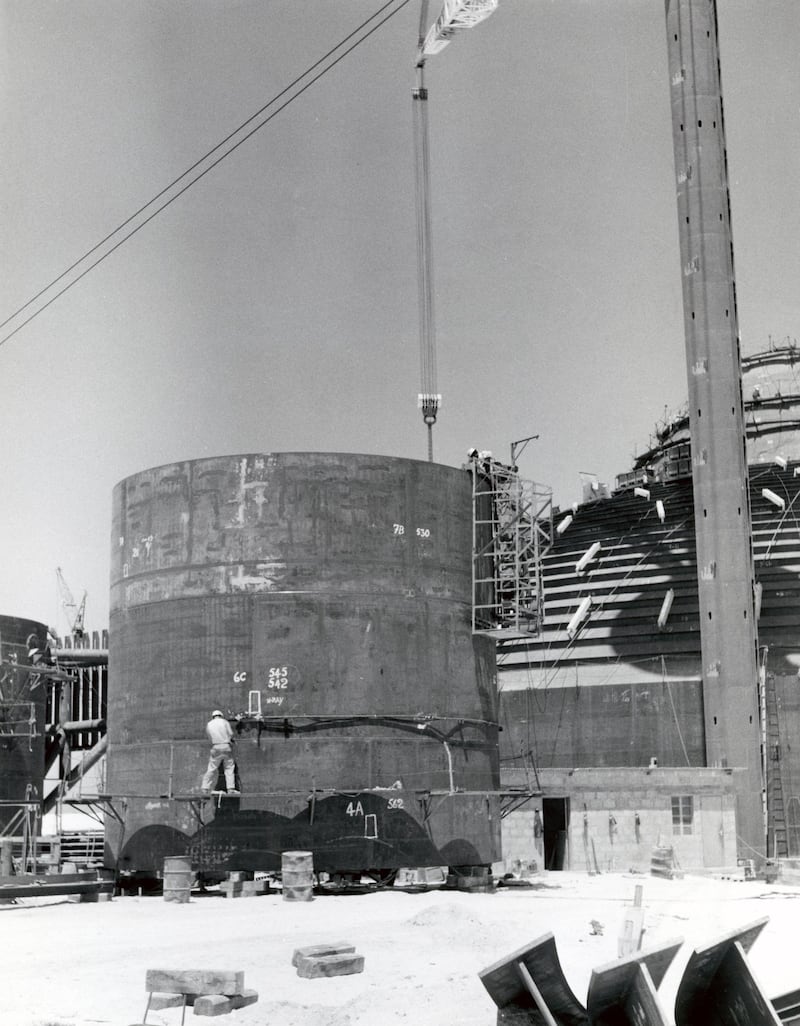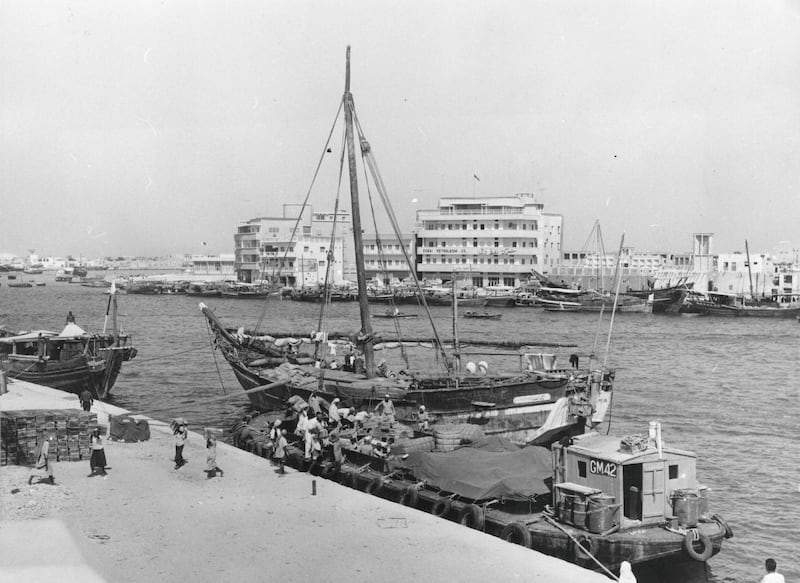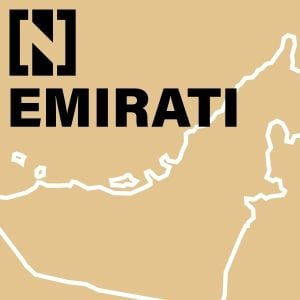When Sheikh Zayed sought to build the UAE in 1971, the scale of the task was immense. And one of his biggest challenges was to unite the Bedouin.
It took a man such as Sheikh Zayed to convince tribes to abandon decades of nomadic living, commit to belonging to one place and believe in the dream of the UAE.
Although most had barely spoken to him, the first President of the UAE was such a formidable force that his ideas were enough to bring together camel herders, pearl divers and so many more from all corners of the emirates.
He built houses for them, schools to educate their children and hospitals to treat their sick.
Although few could read and write and many were set in their ways, they believed in him.
He was younger than most of them but his strength of leadership made him known as Baba Zayed.
To mark the UAE's 49th National Day, and as the country enters its 50th year, The National interviewed six people who lived through those days of change.
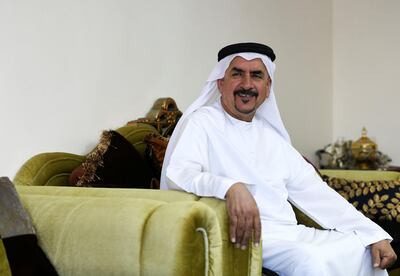
When the union was founded, Rashid Al Mazrouei, 62, was about 12 years old.
A report crackled over the radio saying there was a big meeting between the sheikhs.
Although Mr Al Mazrouei did not realise it at the time, that meeting in a tent would reshape his life and his country.
“I remember it but we were not as aware as today," he says. "We had a radio and I would hear the speeches of [Egyptian president] Anwar Al Sadat so we knew the events, but we were young and didn’t really pay much attention."
Born in the desert in the Northern Emirates, Mr Al Mazrouei was raised in the Sharjah oasis. Houses were primitive before union, and there was no electricity or running water when he was a child. It seemed as if things would never change.
“We use to live in houses made of palm fronds. We would go to wells to get water," he says.
“We lived in tents and we would bring water on donkeys from wells to the house. We had our palm trees, our dates and water. Our oasis was considered a city and people came to us.”
Such were the times of his father and ancestors.
“I remember when I was in primary school, we would study by lantern or under the moonlight because there was no electricity. We would walk to school six kilometres away.
“It was difficult but it was beautiful. At the time, this was as good as they thought it would get.”
But unification was going to change all this.
"We had roads and the number of schools increased. We had hospitals and clinics.
"Since then, we felt that we were invincible and would reach to the highest places. Sheikh Zayed built the foundations and we are not surprised by the developments, whether it is going to Mars or reaching first place in everything."
He was one of the first Emiratis who studied abroad in the 1980s.
“After I returned, I worked in the Ministry of Education as the head of the educational sector. Then I joined the Ministry of Foreign Affairs and spent eight years abroad before joining the Emirates Heritage Club where I remained until I retired in 2017."
In later years, he moved from Sharjah to Abu Dhabi and, reflecting on 1971, he says unification brought everyone together.
"We have one currency and one flag. Now if you go to any region in the UAE you will see developments and villas. Before they used to live in tents.”
Mr Al Mazrouei once met Sheikh Zayed when they shook hands at an event.
“It was the closing festival of school activities. All the heads of education zones we lined up and shook his hand.”
Mr Al Mazrouei misses the old times, and while he welcomes progress, there are some aspects of life that he hoped would never change.
“I do miss the peaceful life. We were alone and when we went anywhere. The cities were simple. People welcomed you.
“My message to all on National Day is that we should love our country. Many of our youth don’t know our traditional proverbs, and I've asked for it to be included in national curriculums. The most important is to learn and continue our education and hold on to our identity, which is based on our traditions and our heritage."
______________
